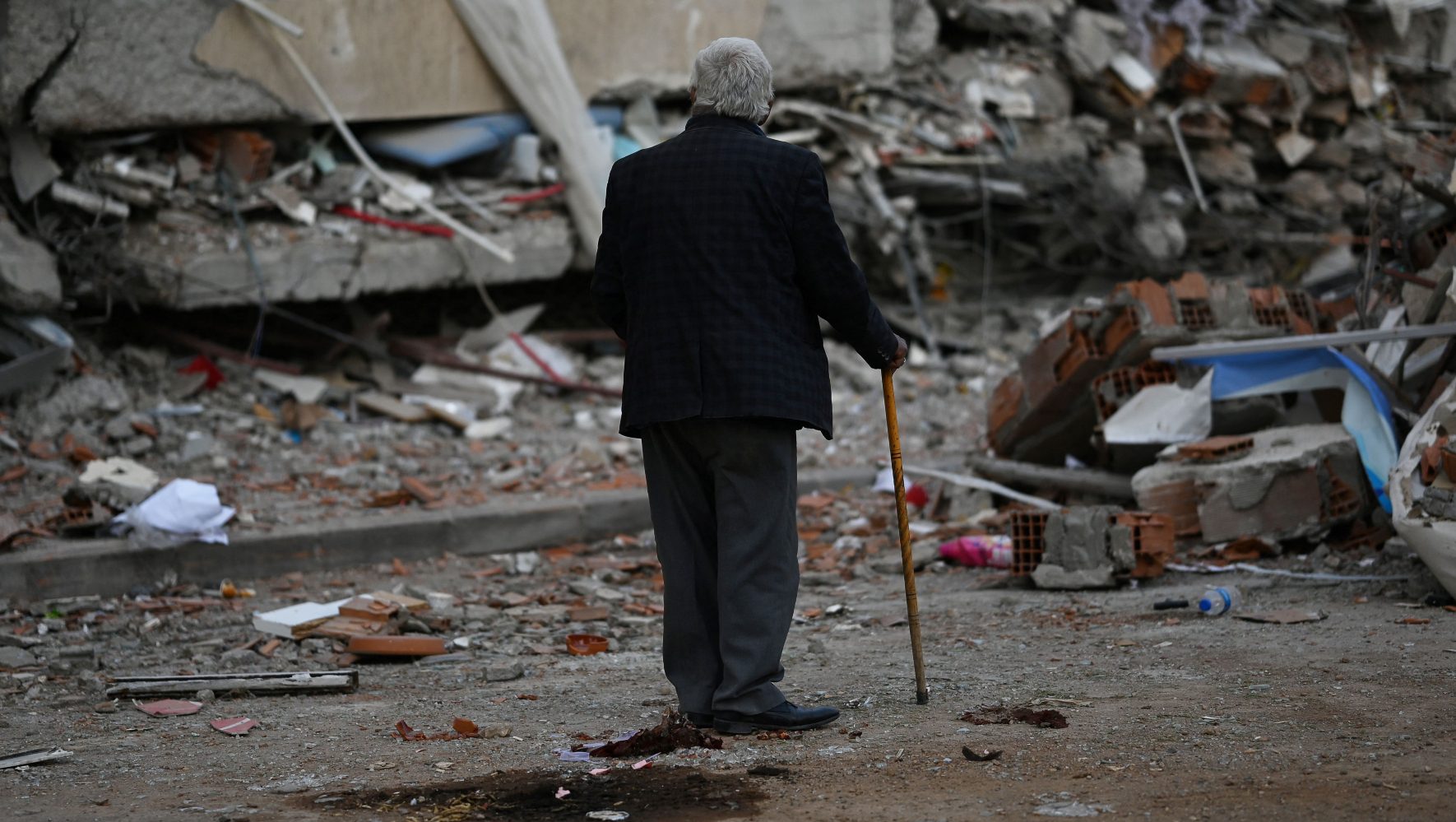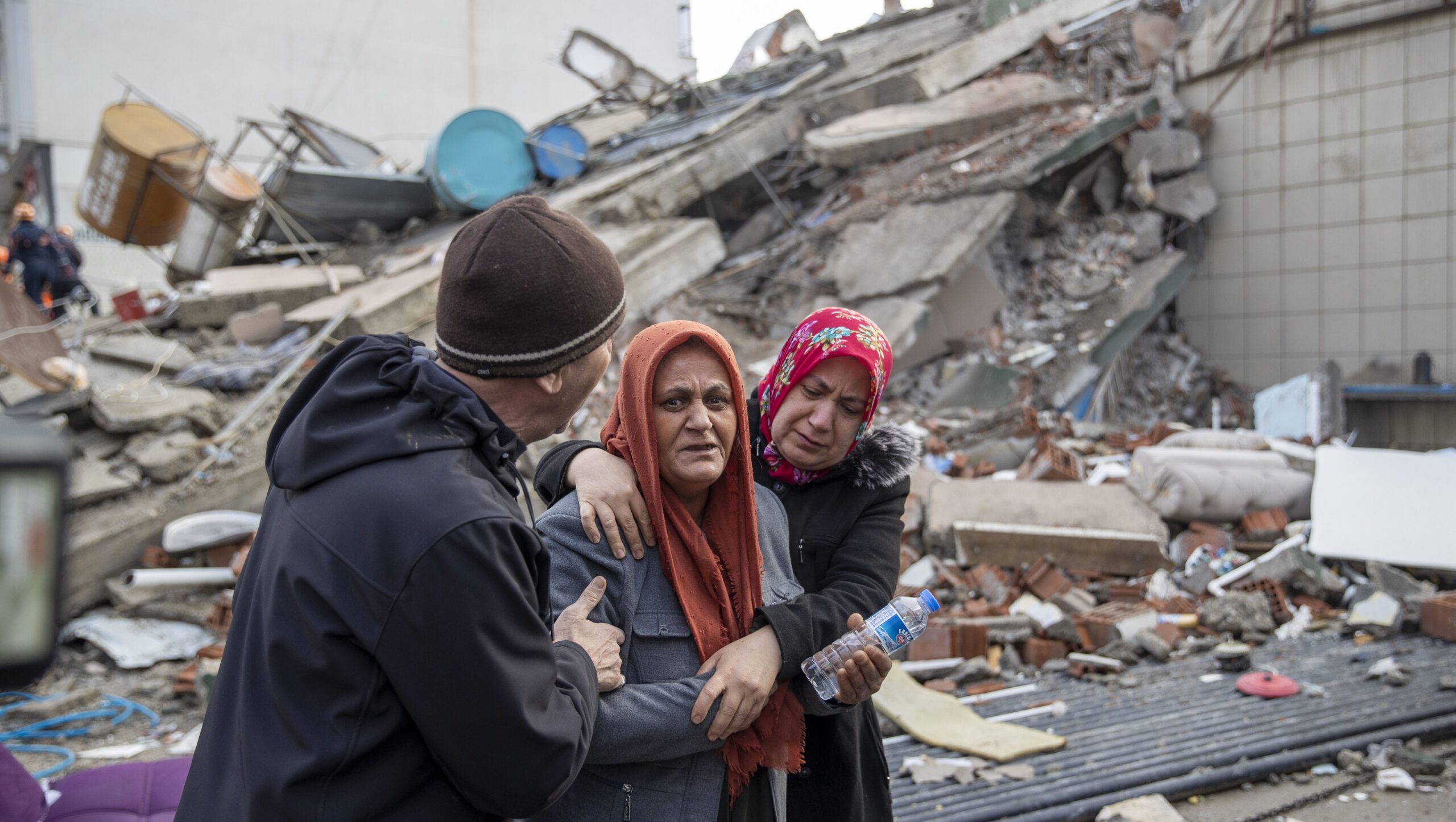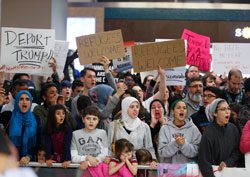Eliminating Barriers to Protection for Syrian Refugees Seeking Sanctuary in the U.S.
By HIAS
Jan 15, 2014
Widely acknowledged as the worst crisis in decades, the conflict in Syria has displaced well over 2 million people; over half, or an estimated 1.2 million, are children—already being referred to as "Syria's lost generation." As the conflict worsens, refugees continue to flee the chaos and violence and seek sanctuary in neighboring Jordan, Lebanon, Egypt, and Turkey. What is to become of them in the long run?
Although most Syrians would like to return home, it is unlikely they will be able to anytime soon, if ever. Some will temporarily integrate into Lebanon, Jordan, and other host countries, but for many, resettlement to a third country is the only way that they will be able to rebuild their lives in safety. This is particularly true for survivors of sexual and gender-based violence, survivors of torture, female-headed households, human rights activists, LGBTI refugees, and those persecuted for political reasons.
The U.S. government has indicated that it wants to welcome Syrian refugees. In a recent hearing, Senator Durbin (D-IL) expressed frustration that "last year the U.S. accepted only 31 Syrian refugees" and Senator Ted Cruz (R-AZ) recounted his own family's history as Cuban refugees, declaring that "the U.S. should always be a clarion voice for freedom." Senators Whitehouse (D-RI) and Klobuchar (D-MN) described recent visits to the Za'atari refugee camp in Jordan, which houses nearly 150,000 Syrian refugees.
An obstacle to resettling Syrian refugees in the U.S., however, is the application of the Terrorism-Related Inadmissibility Grounds (TRIG), which could bar from resettlement anyone who provided even the most minimal levels of "support"—including a meal or a night of lodging in their home—to anyone who engaged in resistance against the Assad regime. This includes those who provided the assistance under duress; even children are not exempt from the TRIG bars to admission. In the past ten years, thousands of refugees who do not pose a threat to the U.S. have been denied refuge and permanent status in the U.S.
In a statement submitted to the Subcommittee in advance of last week's hearing, HIAS urged the U.S. government to ensure that Syrian refugees who are otherwise eligible for resettlement and need protection are not barred solely because of TRIG.
Guided by Jewish values of compassion, justice, and dignity for all people, HIAS remains committed to helping refugees find safety and freedom. By opening its doors to the most vulnerable Syrian refugees who are unable to go home or remain safely where they are, the U.S. can proudly honor its tradition of providing safe haven for persecuted individuals and ensure that the most vulnerable can rebuild their lives free of fear.



